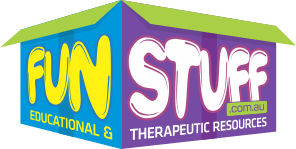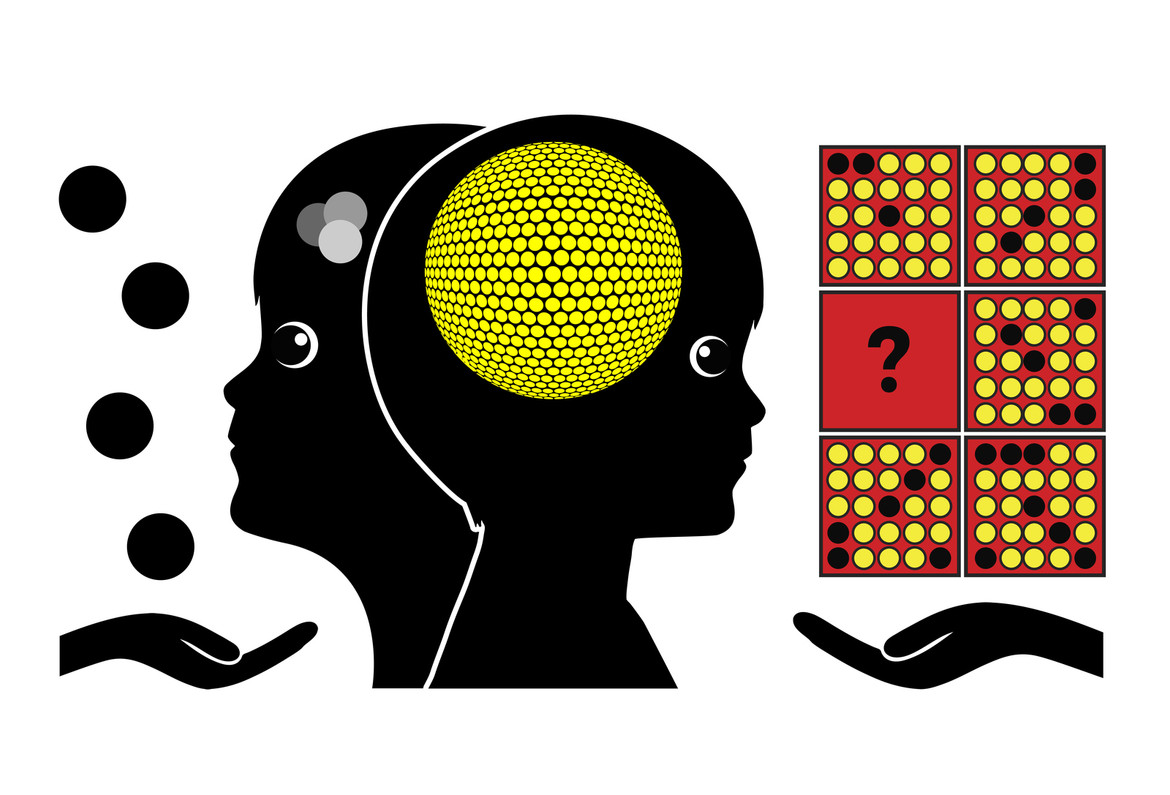What is Play Therapy for Children? Unleashing the Power of Child-Driven Learning
For those who are new to this concept, play therapy is an essential part of childhood development, offering a unique bridge between the world of a child and the realities of adulthood. Its significance is rooted in the understanding that a child's language is play, and the toys are their words.
So, what happens when we harness the power of this language and purposefully apply it to learning and skills development? The answer is a profound, multidimensional approach to growth and learning – Play Therapy.
What is Play Therapy?
Play therapy is a form of therapy primarily geared towards children. In this context, a safe, comfortable play environment is created, and the child's freedom and creativity are encouraged to explore issues, express feelings and develop solutions to problems. This therapeutic method helps children learn more adaptive behaviours when they can't articulate their thoughts and feelings as adults do.
Through play, children learn to communicate with others, express feelings, modify behaviour, develop problem-solving skills, and learn a variety of ways to relate to others. Play provides a safe psychological distance from their problems and allows expression of thoughts and feelings appropriate to their development.
What Role do Toys & Games Have in Play Therapy for Children?
Toys, games and accessories are more than just inanimate objects in play therapy; they are pivotal tools that facilitate communication, learning, and understanding. As key elements of the “play language”, they serve as non-threatening mediums for children to express their thoughts and emotions, enabling the child to engage, explore, and eventually understand their world.
- Flashcards, Fun Decks, and Flipbooks: These materials can be used to help children express their feelings, learn new words or concepts, and identify different situations or emotions. They can also be used to promote memory, attention, and cognitive development.
- Board Games: Board games can be a great tool for fostering social skills such as turn-taking, sharing, and collaborative decision-making. They can also be used to address specific emotional or behavioural issues (for example, a game that rewards patience can help a child struggling with impulse control).
- Picture Books: Books can be used to help children explore different situations and emotions. They can promote empathy by exposing children to different perspectives, and they can also serve as a jumping-off point for discussions about the child's own experiences.
- Puzzles: Puzzles can promote problem-solving skills and persistence. They can also provide a calming, focused activity for children who are feeling anxious or overwhelmed.
- Sensory Toys: Sensory toys can be very helpful for children who have difficulty with sensory processing or who are feeling anxious. They provide a tangible focus for the child's attention and can help promote calmness and concentration.
In all these cases, the toys and games are used as a form of non-verbal communication, allowing the child to “speak” without necessarily using words. The role of the parent, therapist or educator is to provide an understanding of this play language and use it to help the child.
In conclusion, play therapy offers an innovative, child-friendly avenue for learning and development
By skilfully incorporating toys, games, and accessories into the therapeutic process, we can unlock the transformative power of play, providing children with an engaging, empowering, and effective pathway to growth and development.
At Fun Stuff, we supply an excellent range of specially designed and quality-made sensory toys, social skills games, Thumballs, flashcards, flipbooks, Fun Decks and other invaluable resources for encouraging learning and skills development in children. Browse our selection online today.
Recent Posts
-
How To Create A Sensory-Friendly Play Space At Home
Designing a supportive environment for children with sensory processing needs doesn’t require …22nd Apr 2025 -
How to Improve a Child’s Impulse Control – Practical Strategies and Engaging Resources
Impulse control is a crucial skill for children, influencing their ability to regulate emotions, mak …24th Mar 2025 -
Unlocking Movement: Understanding Gross Motor Skills in Child Development
From a toddler’s first steps to a child’s ability to run, jump, and climb, gross motor s …28th Feb 2025




